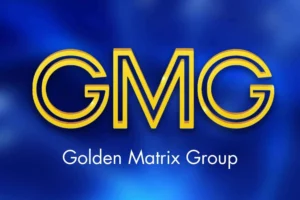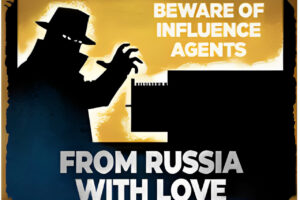The NCA has also published the 14 red flags which may indicate activity connected with sanctions violations.
“This included … customers that significantly overpay for an item on the Common High Priority list, transactions involving entities with little to no web presence, or where the item or service does not fit the purchaser’s normal line of business,” the agency said.
The NCA said “in an effort to circumvent these controls, Russia is using complex supply chains and alternative supply routes to acquire sanctioned products,” the NCA said in a statement.
Sanctions imposed on Russia as a result of its invasion of Ukraine have had a significant impact on its ability to purchase products, including military supplies, on international markets.
Today’s alert was issued to the regulated sector, but will also be relevant to business sectors outside the regulated sector for anti-money laundering, in particular customs brokers, freight forwarders and other transportation and logistics providers. The alert is available on the pdf NCA website (251 KB) and also published below:
Indicators for the Financial Sector
Banks, credit card operators, foreign exchange dealers and non-bank payment service providers must ensure they are maintaining vigilance against global attempts to circumvent trade sanctions. This includes taking steps to detect this activity and protect their business from Russian procurement activity by utilising data sources, screening, and monitoring capabilities. This can include drawing on transaction activity and customer attributes which may be indicative of the red
flags, listed below.
No single red flag is necessarily indicative of illicit or suspicious activity, all the
surrounding facts and circumstances should be considered before determining whether a specific transaction or customer is suspicious or associated with potential sanctions evasion.
Red Flags
- Transactions related to payments for goods on the Common High Priority list, from a company incorporated after 24 February 2022 and based in known diversionary destinations.
- A customer who lacks or refuses to provide details on banks, shippers, or third parties, including about end users, intended end-use, or company ownership.
- Transactions involving smaller value payments, all from the same end user’s foreign bank account, to multiple, similar suppliers of Common High Priority list items.
- A customer that significantly overpays for a Common High Priority list item, compared to known market prices.
- Purchases under a letter of credit that are consigned to the issuing bank, not to the actual end user. In addition, supporting documents, such as a commercial invoice, do not list the actual end-user.
- Transactions involving entities with little to no web presence, such as a website or a domain-based email account.
- Transactions involving customers with phone numbers with country codes that do not match the destination country.
- The item or service (commodity, software, service or technology) does not fit the purchaser’s line of business.
- The customer’s name or its address is similar to one of the parties on the OFSI consolidated list.
- Transactions involve a purported civil end-user, but research indicates customers with counterparties with connections with the military, such as an address that is a military facility or is co-located with military facilities in a country of concern.
- Transactions involving companies that are physically co-located, or have shared ownership, with an entity on the OFSI consolidated list.
- Transactions that use open accounts/open lines of credit when the payment services are conducted in conjunction with known diversionary destinations.
- Transactions involving a last-minute change in payment routing that was previously scheduled from a country of concern, but now routed through a different country or company.
- Transactions involving payments being made from entities located at known transhipment points or involve atypical shipping routes to reach a destination.
Earlier this year, the G7 partners announced the Enforcement Coordination Mechanism to bolster compliance and enforcement of our measures and deny Russia the benefits that come with access to G7 economies including the access to advanced goods, technologies and services. The G7 called on other countries and international actors to cease providing material support to Russia’s war or face severe costs.
In response, the UK, US, EU and Japan have developed a Common High Priority items list which includes many items found on the battlefield in Ukraine, and includes integrated circuits, as well as other electrical and mechanical components. Items on this list are at high risk of being used in Russian sanctions circumvention efforts. UK businesses are advised to conduct additional due diligence to ensure that the end destination of these products is not Russia.
The NCA is working with HMRC, the Department for Business & Trade, the Foreign, Commonwealth & Development Office and HM Treasury’s Office of Financial Sanctions Implementation to help the financial sector and other businesses identify potential suspicious transactions.
Source : Amenteliggence















